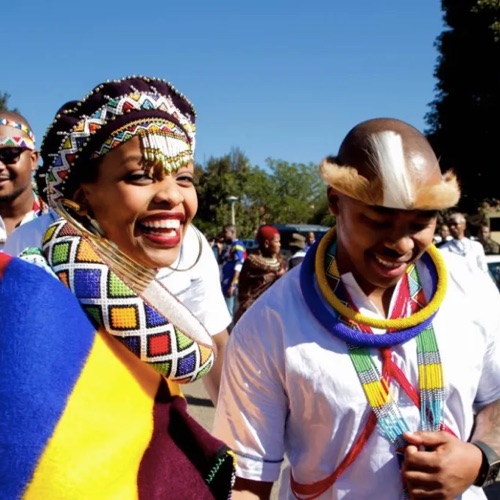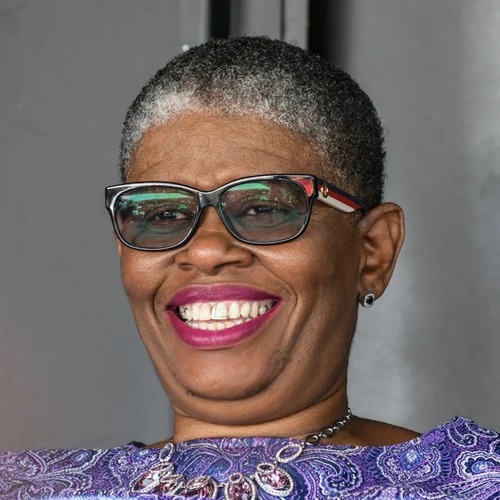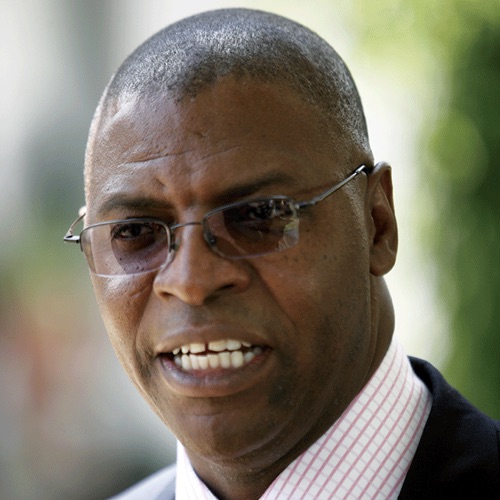Ndebele clan names are an important part of Ndebele culture in Southern Africa. These names are used to identify a person’s ancestry or lineage. Each clan has its own specific meaning and origin story. These clan names are often used as surnames and are passed down from generation to generation.
Table of Ndebele Clan Names
The Ndebele Nation
The amaNdebele people are divided into clans, and these clans are distinguished by names that differ from surnames. Clan names have more to do with cultural identity as they commemorate ancestors and serve as a link between a person and their identity in the amaNdebele nation.
Just as family names are very important to the amaNdebele people, surnames, which come from the father’s side of the family, are also highly valued. Additionally, Ndebele children are often given names with social or cultural relevance.

Some of the most prominent Ndebele clans include the Mabhena clan, which is said to have originated from the Mabhena Mountains in the present-day Zimbabwe region. The Sibanda clan, which is said to have originated from the Zululand region in South Africa.
And finally the Khumalo clan, which is also found among the Zulu people and is said to be descended from a man named Khumalo who lived in the 17th century.
Ndebele clan names are often used in formal introductions, and are an important aspect of Ndebele social etiquette. They serve to establish relationships between individuals and communities, and to maintain a sense of identity and belonging.
Ndebele clan names are also an integral part of the culture’s oral tradition, and are often associated with proverbs, stories, and songs that celebrate the history and heritage of the Ndebele people.
Overall, Ndebele clan names play a vital role in preserving the history and heritage of the Ndebele people and their place in Southern African society. They are an important aspect of Ndebele culture and serve to connect individuals with their ancestors and the broader Ndebele community.



